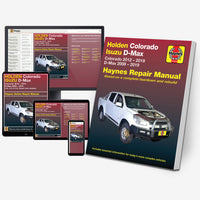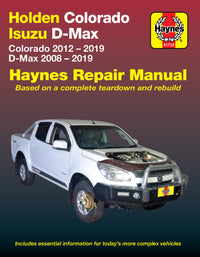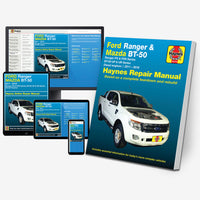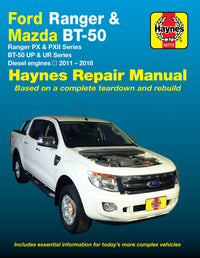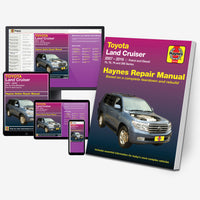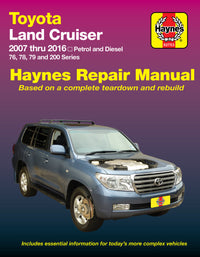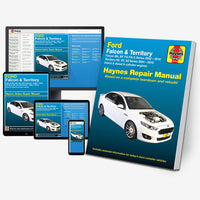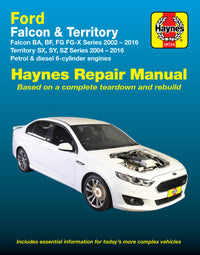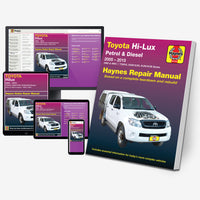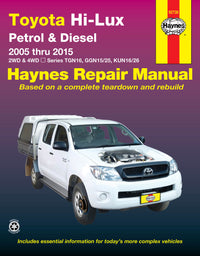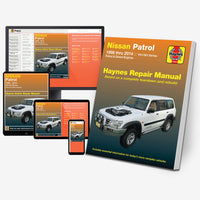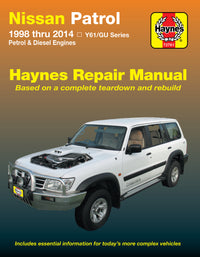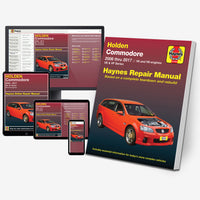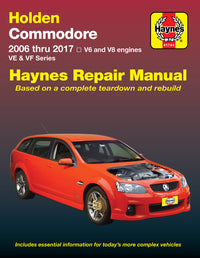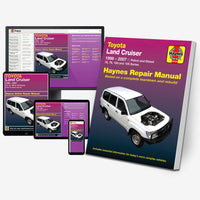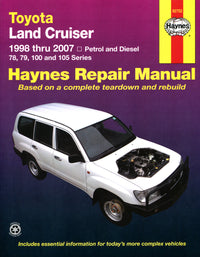Drum brakes are one of those things the people treat in the same way as a nuclear reactor, but they needn’t. Drum brakes are an absolute doddle to work on. They’ve been around since the invention of the car (disc brakes are actually cutting-edge by comparison), and they’re so simple it’s child’s play to maintain them.
Within a drum brake, there are two ‘shoes’. These are large, curved pads on which the friction material is mounted. When you press the brakes, these shows are pushed outwards, they press on the inner face of the drum, and the resultant friction brings the car to a halt. Simple stuff.
As with disc brakes though, the friction material on the shoes wears out, meaning you’ll need to replace them from time to time. Here’s how to do it.
Get the jack out
Almost all drum brakes today are found on the rear axle of the car. Put the car in gear, chock the front wheels and then jack the rear of the car up. Have a look at your Haynes manual and identify the best place to both jack the car up from, and to also place axle stands. As we’ve said elsewhere, never work on a car while it’s being held up by the jack only.

Bang the drum
With a rubber or copper mallet, give the drum a few firm taps, just to free it up a little.

Remove the securing screw
To stop the drum from spinning with the wheel, it’s helped in place by the wheel studs, it is held to the axle assembly by one or two flush-faced screws. You’ll need to remove these before the drum will come free.

Pull the drum
Now the drum should slide away from the car, exposing the inner workings. If it doesn’t, just give it few more gentle taps until it becomes more compliant. Just taps, no need to wallop it!

Clean it up
Get your brake cleaner out and give the inner workings a good covering. Because the drum brake is an enclosed unit, there will be all sorts of dust and dirt build-up in there.
Get un-sprung
The shoes will be held in place by retaining springs, which pull the two shoes together. Using a screwdriver or pliers, remove these springs and then the shoes should come free.

Check the cylinder
While the shoes are out, check the condition of the brake cylinder. This is the device that is fitted with two pistons, which in turn act on the shoes to push them out. If there are any leaks, you’ll need to replace it. This will also mean you’ll bleed to bleed the brakes, so check with your Haynes manual

Back it goes
To put the new shoes in, just work backwards through this list. You may need to make some fine-tuning adjustments. There are different methods to adjust drum brakes, so check with your Haynes manual for what your car requires.


